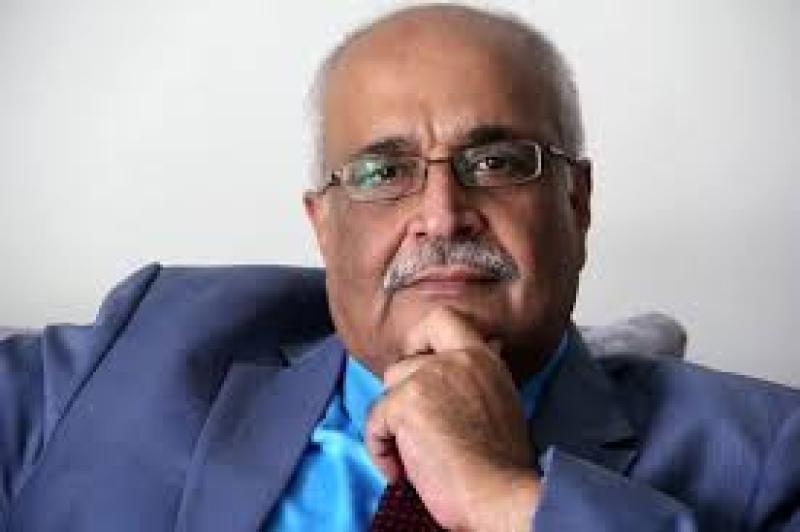- New Secy-Gen Shirley Botchwey pledges to advance Co’wealth values in divided world |
- C. A. Dr. Yunus’ China Tour Cements Dhaka-Beijing Relations |
- Myanmar quake: Imam's grief for 170 killed as they prayed in Sagaing |
- Eid Tourism outside Dhaka turning increasingly monotonous |
- China visit a ‘major success’ for interim government: Fakhrul |
India Must Address Its Minority Issues When Criticizing Bangladesh
Says Debapriya Bhattacharya

Before commenting on the treatment of minorities in Bangladesh, the Indian government must recognize that its own treatment of minorities has global repercussions, eminent economist and public policy expert Debapriya Bhattacharya recently told Frontline, India's fortnightly magazine.
In an interview published on April 1, Bhattacharya discussed several aspects of the bilateral relations between India and Bangladesh, particularly in light of the recent political changes following the ousting of the Awami League-led government last year.
India's External Affairs Minister, S. Jaishankar, had recently informed the Indian Parliament of 2,400 reported attacks on minorities in Bangladesh in 2024 and 72 such incidents in 2025. When asked by Frontline about whether he thought these figures were exaggerated, Bhattacharya explained that the way such incidents are counted can vary. He also noted the significant deterioration of law and order in Bangladesh following the departure of the former prime minister, which left the police force in disarray and the security situation unstable for a time. "The Army and paramilitary forces were deployed, but the situation remained volatile," he said.
Bhattacharya also pointed out that many religious minorities in Bangladesh, particularly Hindus, have historically supported the ruling Awami League party, which complicates the nature of attacks. "In some cases, it’s difficult to determine whether an attack targeted a Hindu for their religious beliefs or because of their political affiliation with the Awami League," he explained.
However, Bhattacharya stressed a crucial point: "Religious minorities in Bangladesh—such as Hindus and Buddhists—are part of the majority in India. Similarly, Muslims are a majority in Bangladesh. Therefore, when India comments on the treatment of minorities in Bangladesh, it must acknowledge that its own treatment of minorities has repercussions," he added.
Reflecting on his personal experience as a member of a minority community in Bangladesh, Bhattacharya shared, "I may not be the best example, as I have been a refugee in India twice—first from 1964 to 1967 due to the riots and again in 1971 during the war. But my parents never left Bangladesh, and I returned to invest and contribute to my homeland." He also highlighted his family's deep ties to the country’s political and judicial history, noting that his mother was a Member of Parliament from Sheikh Hasina's party and his father was a Supreme Court judge appointed by Sheikh Mujibur Rahman.
Despite the personal history, Bhattacharya emphasized that his views are professional and fact-based. "I believe a significant portion of Bangladesh’s society remains committed to secularism, human rights, and the protection of all minority communities—Hindus, Christians, Buddhists, ethnic minorities in the Chittagong Hill Tracts, and indigenous groups in the plains," he said. "This commitment to inclusion is essential for nation-building."
The interview also touched on the recent debate over a reform commission proposal to replace the word "secular" with "pluralism" in the Constitution. Bhattacharya clarified that this is merely a proposal and not a final decision. "It’s one of many inputs in an ongoing political process. Overreacting at this stage is premature," he said, adding that in a democratic society, diverse opinions exist, with some extreme views motivated by ignorance, ideology, or political gain. "While some may attempt to rewrite history, it doesn’t mean those views will shape national policy," he concluded.

